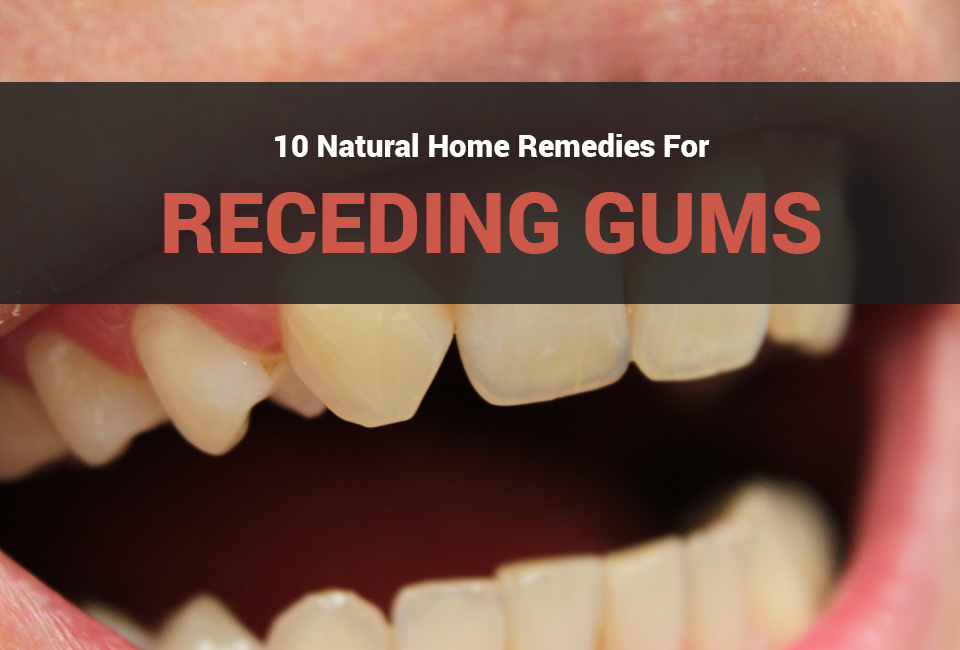Risk Factors
While poor dental hygiene is most often associated with receding gums and periodontal disease, there are some risk factors that increase the probability of developing this painful condition.
- Hormonal changes. Women of all ages may notice that gums are more sensitive when going through a hormonal shift. This includes young girls entering puberty may have sensitive gums, as may pregnant women, those who take birth control pills, and women entering the stages of menopause.
- Researchers believe that estrogen and progesterone play a role, and, in fact, increased progesterone levels can cause gum disease. As women hit menopause, dry mouth is a common complaint. And, decreased saliva is a leading cause of tooth decay and gum disease. (5)
- Diabetes. Diabetics are more prone to infections than the general population. In fact, periodontal disease is a complication of diabetes. Research indicates that gum disease and diabetes often run in tandem; the infections may make it harder to control blood sugar and the infection may increase blood sugar levels. Because of this, it is vital that diabetics practice good oral hygiene to prevent infections as the risk for complications are high. (6)
- HIV/AIDS. Individuals with HIV/AIDS are at a significantly greater risk for receding gums as they have limited ability to fight off infections. Like women in menopause, dry mouth is a side effect of many medications and the disease. It can lead to tooth decay, infections and thrush. (7)
- Vitamin C Deficiency. One of the most common signs of a vitamin C deficiency is poor oral health, including gums that are swollen, bleeding or inflamed.
- Smoking. According to the Centers for Disease Control and Prevention, smoking weakens the immune system making it difficult to fight gum infections. And, for smokers who already have receding gums and periodontal disease, smoking makes it difficult for the gums to heal. Tobacco in any form raises your risk. The statistics tell the rest of the story: (8)
- Smokers have twice the risk of gum disease than nonsmokers
- The longer you smoke, the greater the risk
- The more you smoke, the greater the risk
- Treatments may not be useful
- Genetics. Like many health conditions we face, researchers believe that some people may be genetically predisposed to gum disease. So, for these individuals, prevention is key.
- Certain medications. Prescription and over-the-counter medications that cause dry mouth, many oral contraceptives, anti-depressants, and some medications for heart disease, can all cause gum disease.
- Bruxism. Teeth grinding, or bruxism, is one of the leading causes of receding gums and periodontal disease. Addressing this condition, while pursuing effective treatments, is the best avenue for relief and healing.
- Poor oral hygiene. Individuals who don’t brush their teeth, twice a day, floss or oil pull, have a heightened risk for oral health problems, including gum disease. However, brushing with a stiff toothbrush, or brushing too hard, can also cause gums to recede and lead to further dental problems.
Conventional Treatment
No one loves sitting in the dentist’s chair. And for those who have receding gums or periodontal disease, a trip to the dentist or periodontist can be particularly frightening and painful. Common conventional treatments include: (9)
Continue Reading & Get More Information On Next Page (>)

